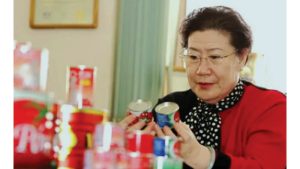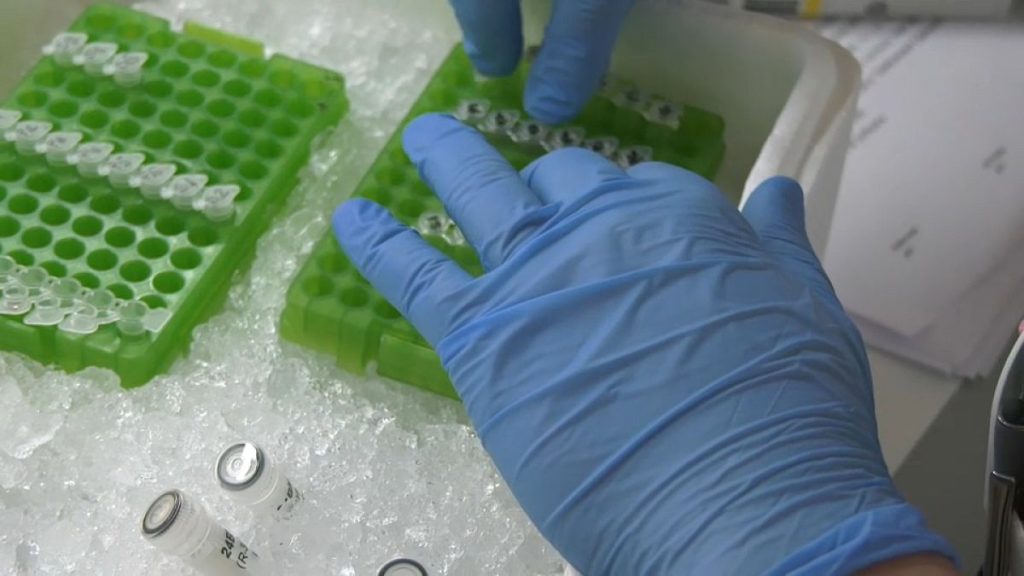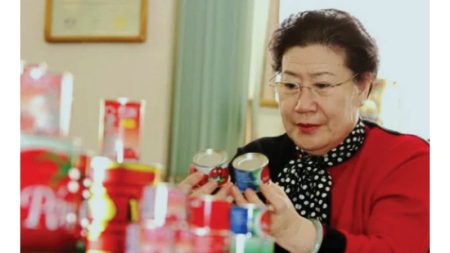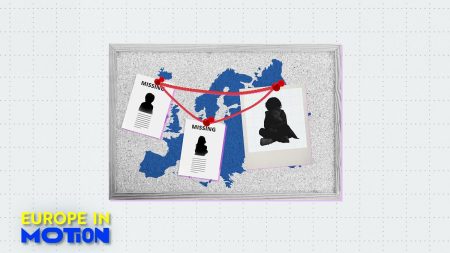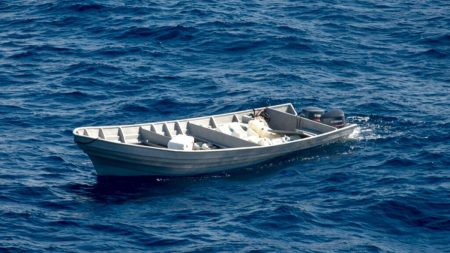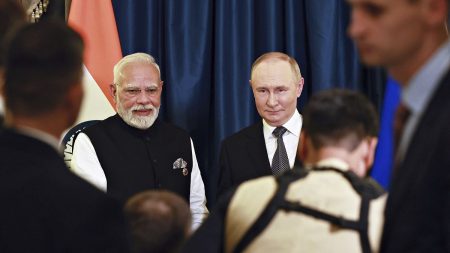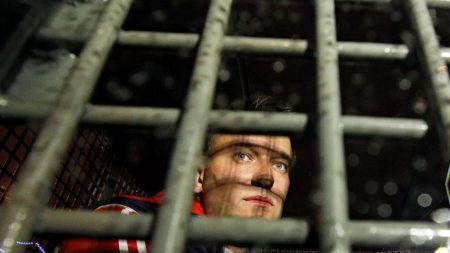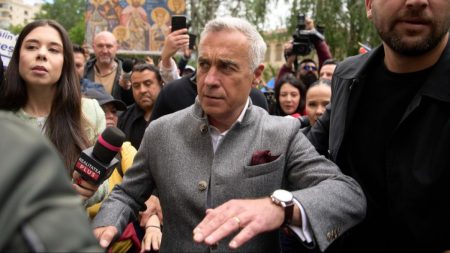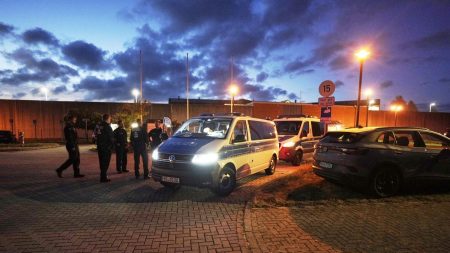Summarize this content to 2000 words in 6 paragraphs in Arabic
A new treatment aims to avoid the side-effects of conventional methods like chemotherapy and radiotherapy.
ADVERTISEMENTLaura, 33, was diagnosed with stage three breast cancer about eight months ago. Based in Valencia, Spain, she says that everything has changed since. “From how I see myself as a person to the way I deal with things, nothing is the same as before,” she tells Euronews. “It’s as if I am a completely different person. I’m not me anymore, I am another version of myself”.After three operations, a chemo, and a radiotherapy, Laura — a doctor herself — is undergoing a hormone treatment.Pedro, meanwhile, has survived lung cancer. Yet, this 62-year-old Valencian, a former employee of a plastic recycling company, is still suffering from a wide range of after-effects. “Following the radio- and the chemotherapy it’s as if my nails have split. I can’t open bags, or anything, I have lost my sense of touch,” he says.Pedro and Laura are among the many cancer patients and survivors in Valencia who are supported by the local branch of the Asociación Española contra el Cancer (AECC). The organisation helps them find financial aid and borrow prosthetic material, while also receiving support by psycho-oncologists such as Cristina Flor. “The impact of oncologic diseases is so abrupt, fast and unforeseen, that patients struggle to cope with it,” she explains. “One’s identity, the relationship we have with ourselves, how we feel in the world, and who we think we usually are, may not get properly destroyed, but at least deconstructed.” Additionally, cancer patients and survivors have also to cope with the physical and psychological impact of the existing therapies. “Such physical consequences can lead to loss of functionality, difficulties in relationships and often cause isolation, sadness, anxiety, and lack of acceptance of one’s own body,” Flor says.Reducing the side-effects of conventional treatments like chemo- and radiotherapy is among the promises of a new therapy being developed under the auspices of Project ULISES, part of the EU’s Horizon programme.Chasing a breakthroughThe treatement is based on the synthesis of nanoparticles, which scientists are using to deliver genetic material into cancer cells — thus making them “visible” to the immune system. “The main focus of our project is to get the patient’s immune system to reject the tumour,” explains Cristina Fillat, project coordinator and Group Leader at the Institut d’Investigacions Biomèdiques August Pi i Sunyer in Barcelona.“The idea is to activate it by introducing specific molecules into the tumour, which can generate this immune response.”The nanoparticles developed for this new treatment are similar to those which have been used for the Covid vaccine, explains Vicente Candela Noguera, PhD Researcher at the Valencian Research Institute for Molecular Recognition and Technological Development. “They have proven to be safe for patients, and they are also very efficient when it comes to transporting genetic material,” Noguera says.Their advantage is that they also specifically target the tumour cells, “thus activating the response of the immune system only against them and reducing the side effects compared to other conventional therapies such as chemotherapy or radiotherapy,” he points out.José Antonio López Guerrero leads the Laboratory of Molecular Biology of the Oncology Institute in Valencia, which is testing the nanoparticles. “If the treatment works, it would be a success from the scientific and therapeutic point of view, because we could find a cure for one of the deadliest cancers in the world: pancreatic cancer,” he says. ADVERTISEMENT“This alone would be an indisputable milestone in the scientific world, the academic world, and in the world of the pharmaceutical industry.” But far beyond that, he adds, “If this treatment is effective for pancreatic cancer, it could open up a new therapeutic opportunity for other types of tumours that are also deadly and currently have no cure.”
rewrite this title in Arabic Fighting cancer with nanoparticles: medical science hits a potential milestone
مقالات ذات صلة
مال واعمال
مواضيع رائجة
النشرة البريدية
اشترك للحصول على اخر الأخبار لحظة بلحظة الى بريدك الإلكتروني.
© 2025 جلوب تايم لاين. جميع الحقوق محفوظة.


